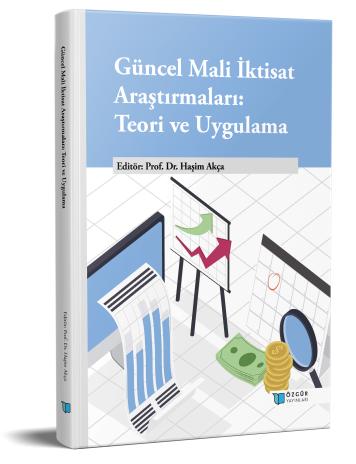
The Relationship Between Inflation, Tax Collection, and Budget Balance: Testing the Olivera–Tanzi Effect for NUTS-2 Regions in Turkey
Chapter from the book:
Akça,
H.
(ed.)
2025.
Current Research in Fiscal Economics: Theory and Practice.
Synopsis
This study empirically tests the validity of the Olivera–Tanzi effect using panel data from 26 NUTS-2 regions of Turkey for the period 2005–2020. The Olivera–Tanzi effect suggests that during periods of high inflation, delays in tax collection erode the real value of public revenues, thereby negatively impacting the budget balance. The analysis begins by testing for cross-sectional dependence and slope heterogeneity to evaluate the panel data structure. The stationarity of the variables is determined using the Pesaran (2007) panel unit root test. Causal relationships are examined through the JKS panel causality test, which reveals that the OT variable Granger-causes the budget balance in a unidirectional manner. Long-run relationships are tested using the Westerlund (2007) cointegration test, and both short- and long-run coefficients are estimated via the CS-ARDL model. The findings indicate that the OT index has a negative and statistically significant impact on the budget balance in the long run. These results highlight the critical importance of combating inflation effectively and accelerating tax collection processes through digitalization to ensure fiscal discipline. Moreover, the regionally differentiated effects point to the necessity of adapting centralized policies to local conditions.

